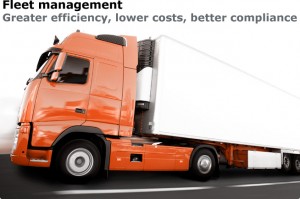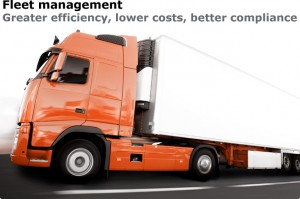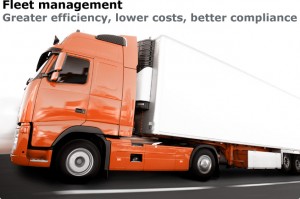- August 30th, 2010
- Jackson Parker
FieldLogix Ranked in San Diego’s 100 Fastest Growing Companies List

The San Diego Business Journal compiles a list of rapidly growing companies annually and ranks them according to revenue growth over a two year period. In 2009, FieldLogix made the 100 Fastest Growing list due to a 60% increase in revenues from 2007 to 2008. Now in 2010, FieldLogix is being recognized again for its strong revenue growth.
FieldLogix was one of the first to offer the FMI integration between GPS fleet tracking and Garmin driver navigation systems. According to a FieldLogix press release in April, FieldLogix’s Fleet Management Interface (FMI) decision to integrate telematics fleet tracking with Garmin International’s (Nasdaq:GRMN) turn-by-turn in-vehicle navigation has yielded an 830% increase in FieldLogix +NAV YTD Sales from 2009 to 2010. FieldLogix provides GPS fleet tracking systems to companies across the U.S.
















